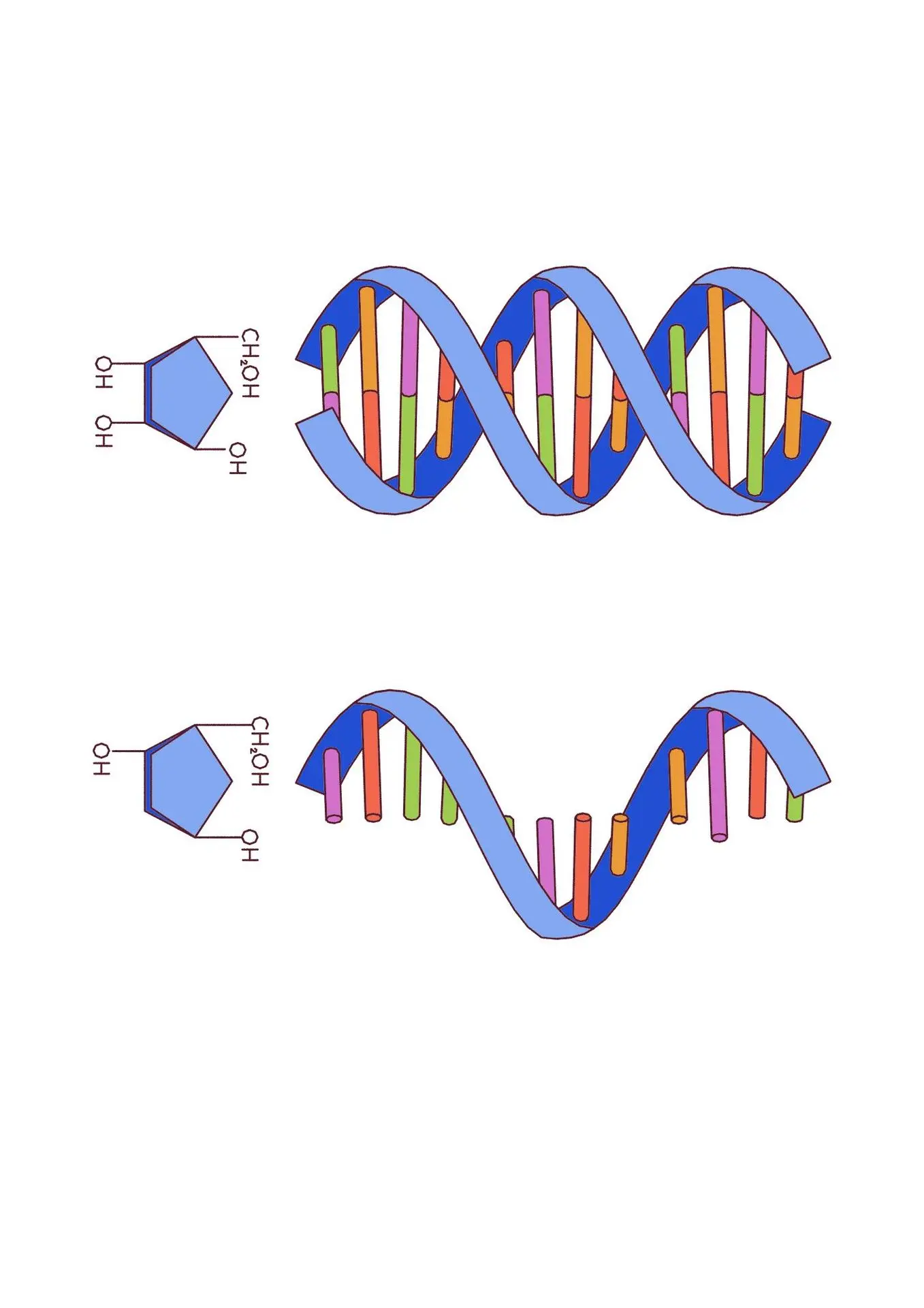
Coding Immunity: From Genetic Sequences to Immune Defence
Modern biotechnology has opened a new chapter in disease prevention and treatment one where protection is not injected as a finished product but encoded directly into our cells. By delivering carefully designed strands of DNA or messenger RNA, this approach instructs the body’s own molecular machinery to produce specific proteins associated with harmful invaders. These proteins act as training signals, teaching the immune system to recognise and respond swiftly to future threats.
What sets this method apart is its speed and flexibility. Once the genetic blueprint of a new biological threat is decoded, scientists can rapidly design matching sequences and synthesize them in the lab. This bypasses the lengthy steps traditionally required to grow, isolate, or purify biological materials. Moreover, the same platform can be easily adjusted to address emerging health challenges, making it ideal for responding to fast-moving outbreaks or evolving targets.
Beyond infectious threats, this strategy is being explored in areas like oncology and autoimmune disorders, where reprogramming the immune system may hold the key to durable, personalized therapies. Rather than relying on external agents alone, we are now entering an era where immunity can be written, delivered, and activated from within an elegant fusion of genetic insight and cellular intelligence.